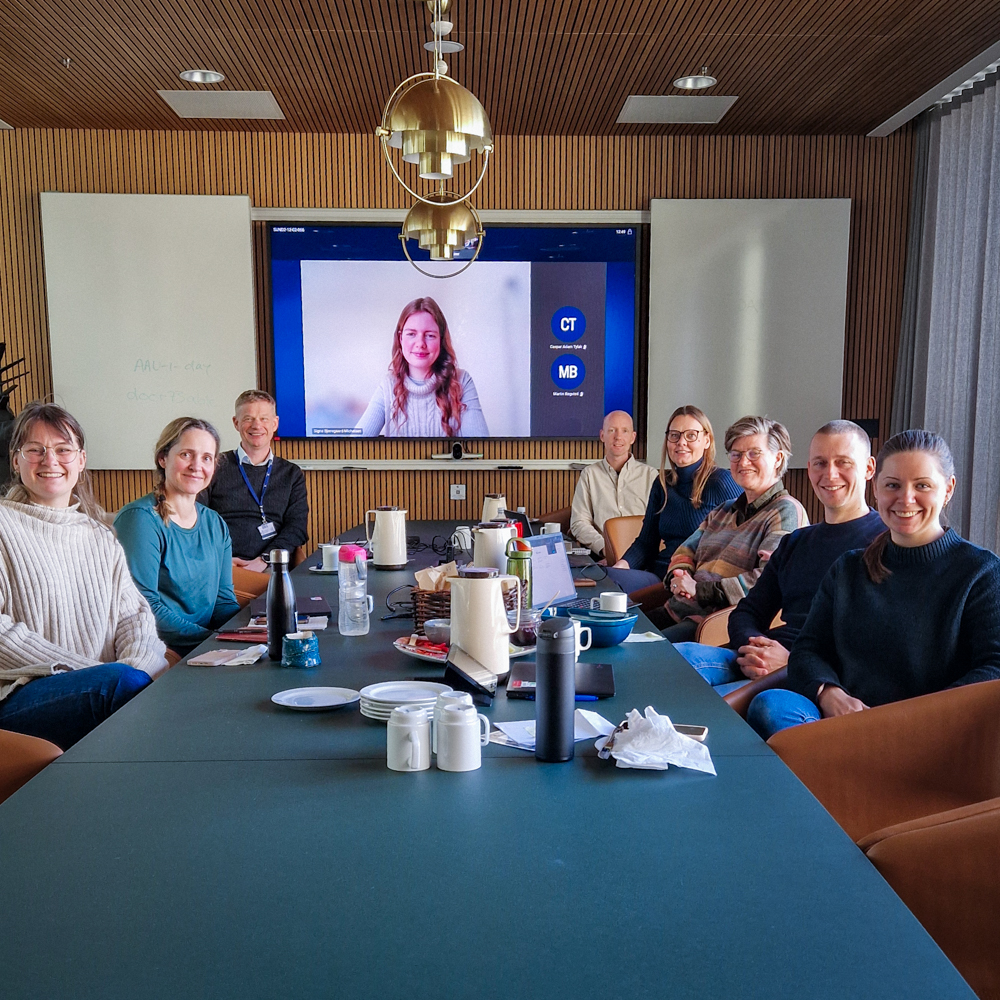Funding concluded
On March 14, 2025, we gathered for a post-hive status meeting to discuss the progress of Ph.D. studies, explore new research directions, and identify future funding opportunities.
Presentations from CLINDA:
Signe Bjerregaard-Michelsen provided an exciting update on her research into multimodal response prediction in ovarian cancer, utilizing foundation models in collaboration with Maastricht University.
Ida Burchardt Egendal announced that her first paper on autoencoders for cancer signature detection will soon be published. She also presented her latest work on variational autoencoders, conducted in collaboration with University of Oxford.
Presentations from our close collaborators:
Lasse Mark (Dept. of Molecular Diagnostics) shared promising findings from his work on comparing algorithms for detecting homologous recombination deficiency and determining optimal threshold selection.
Jeannette Demant Andersen (Dept. of Nuclear Medicine) provided a status update on her research into the potential of PET/CT imaging for predicting surgical and clinical outcomes.
Simone Karlsson Terp (Dept. of Molecular Diagnostics) presented her efforts to optimize laboratory workflows for detecting molecular biomarkers.
Although Research Hive REPAIR has formally concluded, the work it has inspired continues to drive innovative research in cancer diagnostics and treatment.
Presentations from CLINDA:
Signe Bjerregaard-Michelsen provided an exciting update on her research into multimodal response prediction in ovarian cancer, utilizing foundation models in collaboration with Maastricht University.
Ida Burchardt Egendal announced that her first paper on autoencoders for cancer signature detection will soon be published. She also presented her latest work on variational autoencoders, conducted in collaboration with University of Oxford.
Presentations from our close collaborators:
Lasse Mark (Dept. of Molecular Diagnostics) shared promising findings from his work on comparing algorithms for detecting homologous recombination deficiency and determining optimal threshold selection.
Jeannette Demant Andersen (Dept. of Nuclear Medicine) provided a status update on her research into the potential of PET/CT imaging for predicting surgical and clinical outcomes.
Simone Karlsson Terp (Dept. of Molecular Diagnostics) presented her efforts to optimize laboratory workflows for detecting molecular biomarkers.
Although Research Hive REPAIR has formally concluded, the work it has inspired continues to drive innovative research in cancer diagnostics and treatment.



